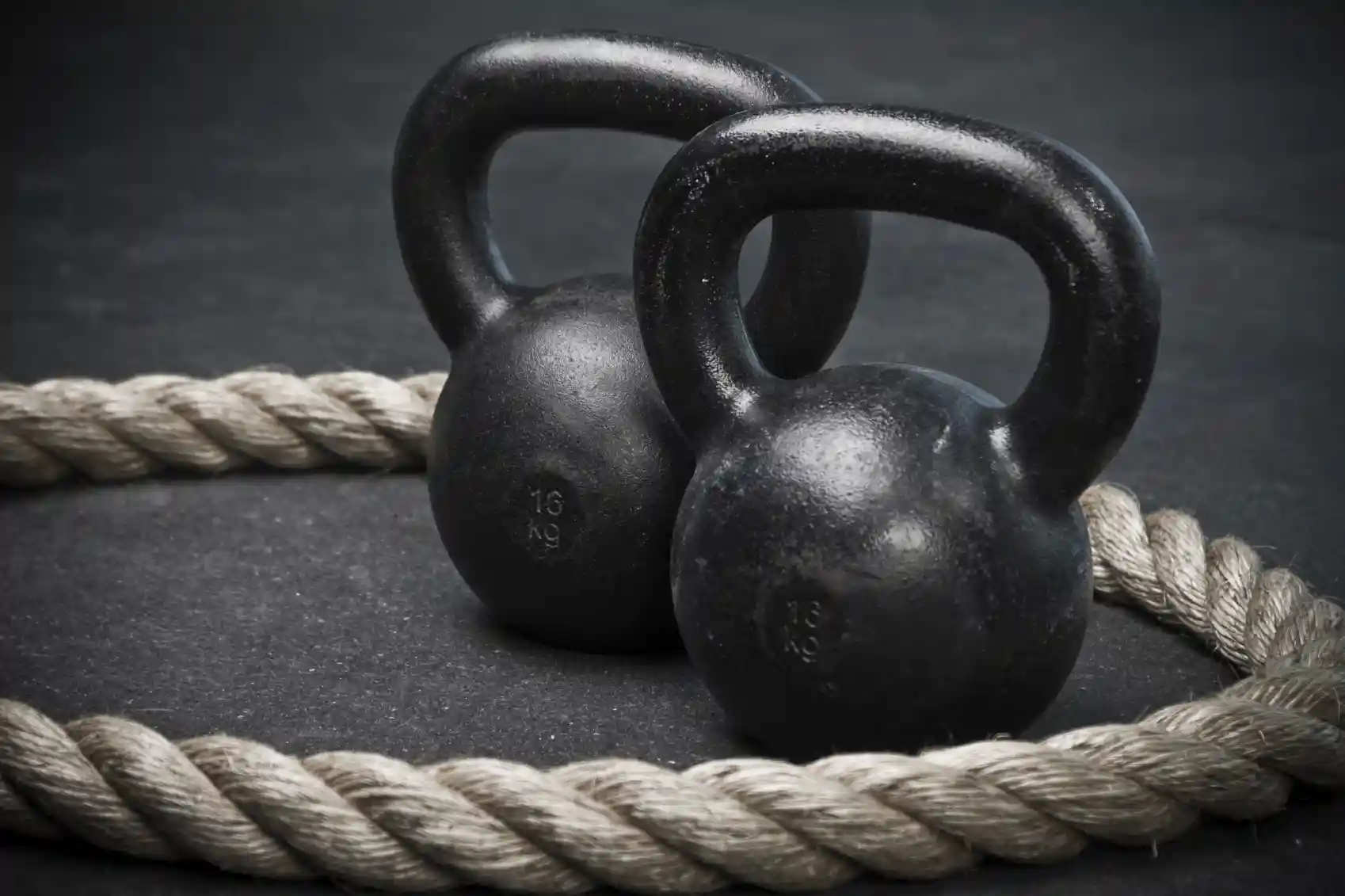Topics
- Article
#WHOOPEd Weekly Digest, Vol. 22

Kettlebells as a training tool, tips for better studying habits and how wearable tech can help military recruits get through training.
Monday, October 2
Optimizing Learning in College: Tips from Cognitive Psychology
http://journals.sagepub.com/doi/full/10.1177/1745691616645770
More than 80% of collegiate students report their primary form of studying is rereading their textbook and notes. Research shows this is rather time consuming and doesn’t necessarily lead to durable learning.
- Get organized early in the semester, develop good study habits initially.
- The syllabus is the road map to the semester. Use it, on the first day, to develop the previously mentioned habits by entering major exams and project dates into a calendar to visualize your upcoming month.
- Stay off social media, isolate yourself and study. One hour of devoted study will carry you much further than two plus hours of distracted social media and people watching studying.
- Leave your laptop at home and handwrite your notes. Information is better retained when you aren’t distracted by multitasking on the internet.
- One of the best study strategies you can do is practice testing. This is called retrieval practice–retrieving information from memory makes it easier to do so in the future.
Tuesday, October 3
The Role of Kettlebells in Strength and Conditioning
https://ylmsportscience.com/2017/09/26/the-role-of-kettlebells-in-strength-and-conditioning/
- Compared to other exercises, kettlebell swings seem to activate the medial hamstrings more than the lateral hamstrings.
- For sports that need training for horizontal propulsion, such as sprinting, kettlebell swings produce a higher ratio of horizontal to vertical ground reaction force when compared to jump squats or squats.
- Kettlebell swings are useful for injury prevention. They target the hamstrings at different muscle lengths which allows size gains and strength to occur evenly along the entirety of the muscle.
- Implement kettlebell swings during a power phase of a program (i.e. jumping or lunging) as they use moderate loads to produce powerful outputs.
Wednesday, October 4
How Tech Could Help Marine Recruits Get Through Training
https://www.pcmag.com/news/356538/how-tech-could-help-marine-recruits-get-through-training
- At the Reconnaissance Training Company, at Camp Pendleton, 70% of Marines drop out.
- US Marine Col. Jeffrey C. Holt confirms that for every four Marine recruits, only one makes it through training. Marines in training often carry a 100-pound pack with 40 pounds of gear for up to 20 km.
- It is Col. Holt’s belief that wearable technology, biometric systems and big data analytics can make a difference. “Having the right information, at the right time, reduces risk and increases response time, resiliency, prevents injury and improve outcomes.”
- Fatigue is a huge problem in the Marine training camp. Examples of what they are looking for include wearable technology that can track how much sleep a Marine has had and a patch to track hydration.
Thursday, October 5
Review: Why We Sleep: The New Science of Sleep and Dreams by Matthew Walker
- In the US between 1950 and the present, the obesity rate rose from 13% of the population to 35%. During that time, the average amount of sleep American adults get each night has also declined.
- Matthew Walker, head of sleep and neuroimaging lab at the University of California Berkeley, thinks the correlation is not accident.
- Some people have a variant in the BHLHEA41 gene that allows them to sleep only 6 hours a night with no obvious impairment.
- With less sleep your heart rate goes up, your blood pressure rises, your stress hormones surge, your growth hormones fade, hunger increases, cells start to ignore insulin, and your emotions run rampant.
Friday, October 6
Game Day Slump: What To Do When Performance Tanks
http://blog.trainheroic.com/game-day-slump
- Often coaches will tackle a reductionist approach and assume that when a player is in a slump or misses a critical play, it is due to a physical limitation, such as the need to bench press more, etc.
- Instead of looking at a snapshot of what the player did or didn’t do in the moment, it is critical we assess a more holistic solution; a four-dimensional analysis:
- Technical – Technical training deals with developing the required skilled movement for the given sport or activity and usually consists of performing closed drills while observed by a coach.
- Tactical – Tactical training is concerned with sport specific decision making and reaction to situations.
- Physical – Physical training prepares the athlete to perform maximally in their specific sport or activity. This training builds appropriate power, strength, endurance, agility, stability and mobility.
- Psychological – Psychological training focuses on how an athlete performs in mentally challenging situations and related to the athlete’s will/motivation to reach goals or objectives.
- When assessing a pivotal event in a game, try to recreate similar moments in practice.
- Coaches will often assume they know what happened in a game and why, but it can be incredibly helpful to ask the player various questions such as “did they understand the play and where they were supposed to be?” Get the player’s perspective and go from there.